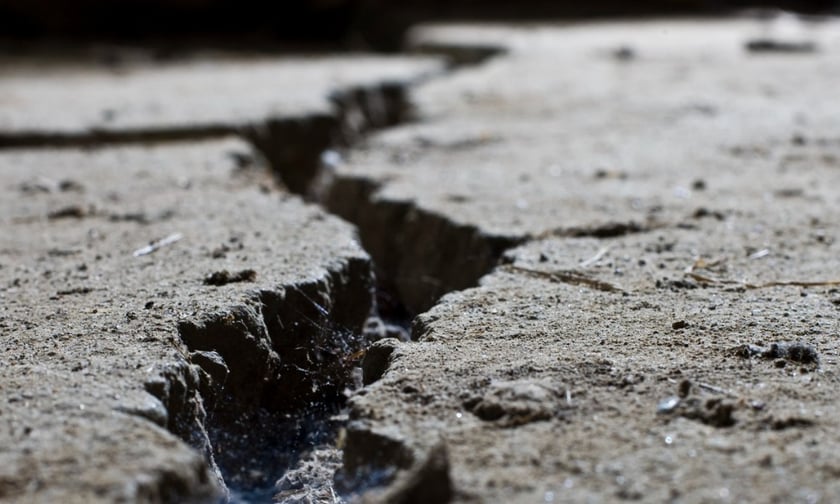

The Earthquake Commission (EQC) Toka Tū Ake is urging homeowners to make necessary safety checks and improvements to protect their properties and families following recent seismic events across New Zealand’s North Island.
EQC Public Education Manager Hamish Armstrong noted that the several light quakes in the past week have led to more than 18,000 “felt” reports filed through GeoNet.
“While these quakes are unlikely to have caused damage, they are strong enough to get our attention and remind us that we live in a part of the world that is very seismically active,” he said.
The EQC encourages New Zealanders to take these reminders as an opportunity to evaluate their homes’ preparedness for future earthquakes, starting with basic checks to identify potential hazards.
“A home that’s properly secured to its foundations will likely experience less damage during an earthquake,” Armstrong said. “If your home has a suspended timber floor, you may be able to go under your house to check foundations are in good condition and that correct fastenings and bracings are in place. It’s important that foundations are well connected to the house above as this will help minimise movement and damage in a larger earthquake.
“No matter its age or type, if your chimney is already showing signs of wear and tear, or damage, it could need immediate attention. Look for: cracks, loose, or broken bricks, loose masonry or plaster, and leaning or twisting.”
The EQC, which recently revealed that many homebuyers in the country now weigh the impact of natural disasters on their property choices, is also urging New Zealanders to review their insurance coverage.
“Take a moment to check up on your insurance,” Armstrong said. “Do you understand what would and wouldn’t be covered for should you suffer damage to your home or land from a natural hazard?
“In a country at high risk of natural hazards, we must do our best to prepare ourselves by understanding where insurance starts and finishes, and what we can do to fortify our homes to reduce the risks.”
